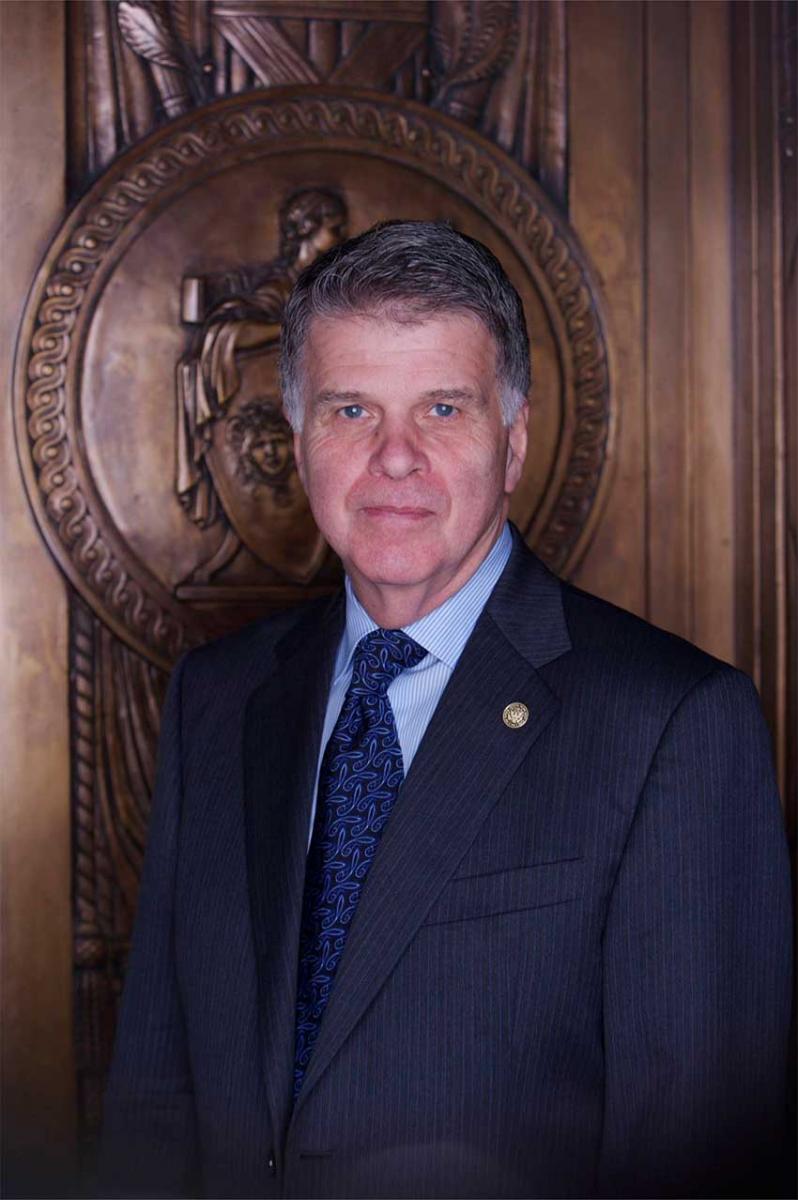
Remarks of Archivist of the United States David S. Ferriero for the media preview of the Office of the Federal Register’s new online feature, Federal Register 2.0. Washington, D.C.
July 15, 2010
Good morning.
The Archivist was introduced by Ray Mosley, Director of the Federal Register.
Thank you, Ray.
In the last 20 years the Federal Register has come a long way from the paper and ink–based daily publication that was first issued in 1936. What has been described as the legal newspaper of the executive branch has adapted to the demands and opportunities of the digital age—first behind the scenes in the compilation of each issue and later with outlets for online public comment on regulations and access to bulk data.
The latest development—what we’re calling Federal Register 2.0—more fully reaches out to the public with the tools that 21st-century readers have come to expect. Not only will our content be reorganized and more clearly presented, the new web site will make it easy for users to find what they need, comment on proposed rules, and share material relevant to their interests.
Federal Register 2.0 is an important part of how the National Archives is meeting the President’s Open Government Initiative. The mission of our agency is integrally linked with the concept of open government, and the Federal Register Act of 1935 was a landmark achievement in open government. It was enacted to provide public notice and due process of law by ensuring that legal issuances could no longer be adopted in secret and arbitrarily enforced against the public. It is therefore fitting that we are launching our latest instrument for public engagement on the 75th anniversary of that act on July 26.
More than 200 years ago, Thomas Jefferson wrote, “Whenever the people are well-informed, they can be trusted with their own government.” With Federal Register 2.0, citizens and communities will have an easier way to understand the regulatory process and participate in Government decision-making. The National Archives and its Office of the Federal Register is committed to enabling the free flow of information to foster engaged and knowledgeable public discourse and collaboration.
 The Archivist of the United States is the head of our agency, appointed by the President of the United States.
The Archivist of the United States is the head of our agency, appointed by the President of the United States.